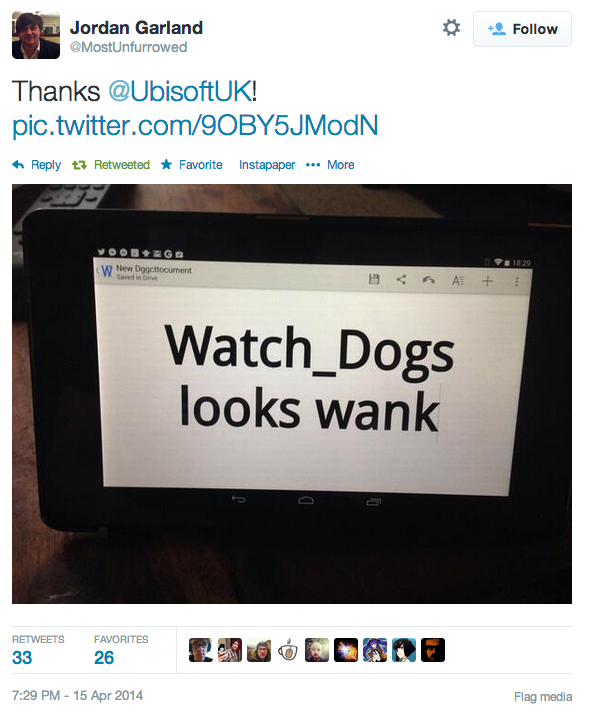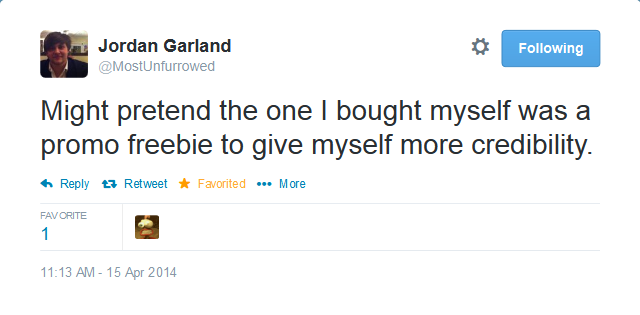I think part of this is because the funding model for game press is so finicky.
Very true. Let's say you run a gaming magazine or website. To support the printing costs of the magazine or the running of the website, you need advertisers. You can only use off-topic advertisers (like deodorant or jeans or sex hotlines) to a degree to cover costs, but the bulk will have to come from advertisers that advertise things that your gaming-oriented readers will want to see. Ads for games, video games, etc.
And so, you have to interact with the game publishers and video card manufacturers to make deals for advertising. The advertisers essentially fund your entire operation (even if the magazine has a cover charge, that rarely funds the printing of the magazine). So you have to have amicable relations with the publishers and manufacturers.
Everything is fine, as long as both parties agree that advertising and editorial do not mix. But, eventually one side will get bullish. Let's say you have a lot of advertising by a certain peripheral maker. Your magazine reviews a product from that company. It gets a bad review, because it's a crap product. In a perfect world, that would be the end of it.
But instead, the review causes hundreds of thousands of units of that product to sit on shelves, and not move. The manufacturer loses money. They inform the magazine that, well sorry, we won't be advertising with you anymore because you hate us and made us lose money. They say, y'know, if you'd just agree to give us no lower than a 6 or 7 for anything we make, we could come to an agreement.
If the management of the magazine says "gtfo", that's a lost advertiser. If the magazine cannot find a replacement advertiser moving forward, that means either firing someone, or cutting the pagecount. Cut the pagecount enough, and your magazine looks anemic, and a competitor (who does play ball with the manufacturer) looks more appealing, might have a lower cover fee, and thus your entire business starts being threatened as readers decide to go where the content is.
All because you gave a cheap plastic headset a 5 out of 10. Because it was a cheap plastic headset.
So, if you were in charge of a magazine or website, and had to decide between firing the people you work with, who have lives, kids, mortgages, or telling them "listen, just ease up on the negativity, try to find the positive", obviously people would be in two minds over which path to take.
Granted, this is just one example of one business model. But as long as the business model involves interaction with a publisher in *any way*, this is the fight that will always exist. Unless you *really* luck out and manage to get in bed with publishers who would never, ever, cut your advertising just because you said their million dollar game is crap, thus making them lose millions in sales.



